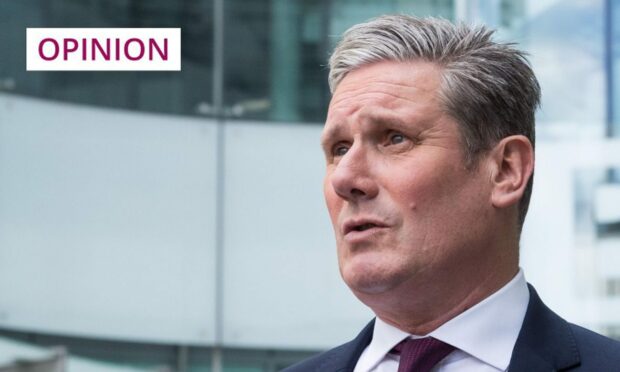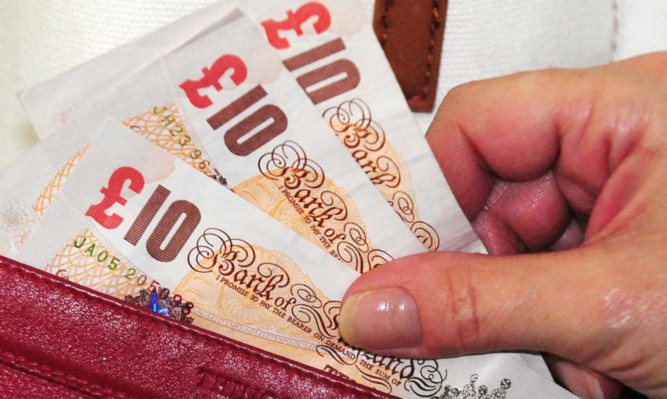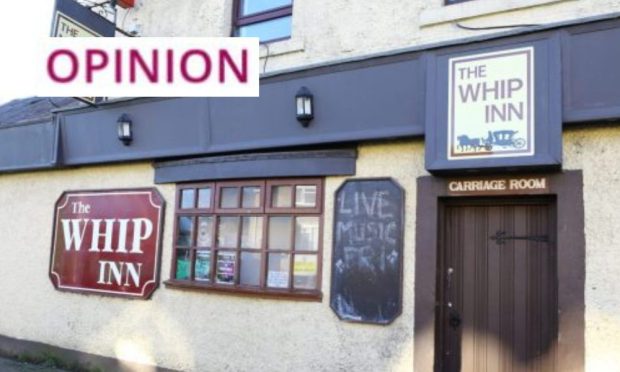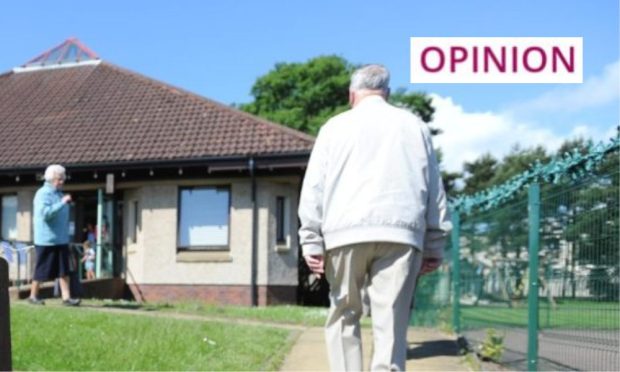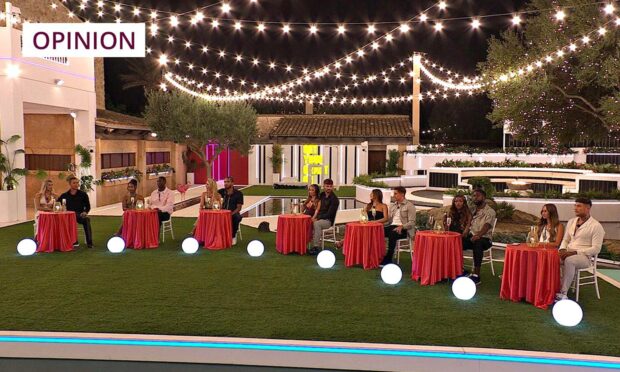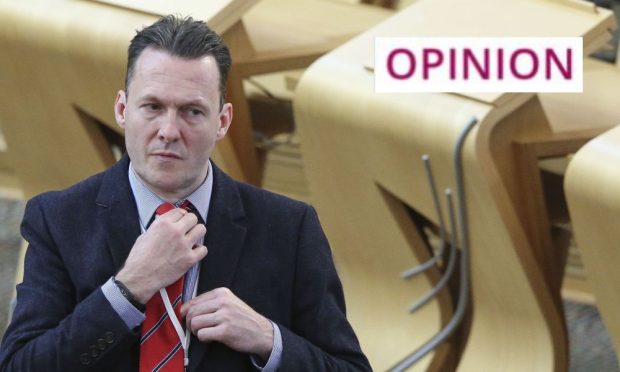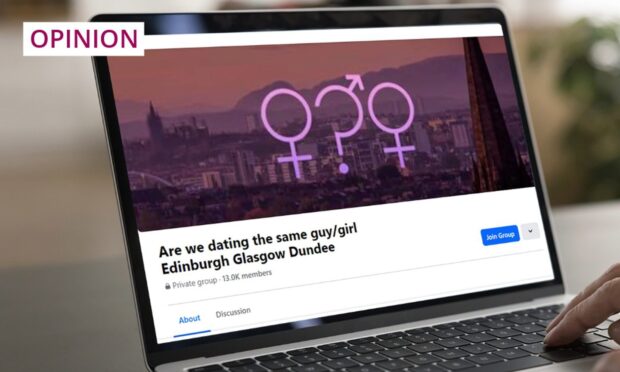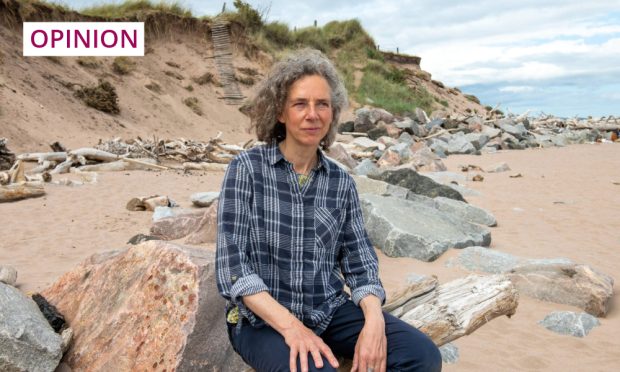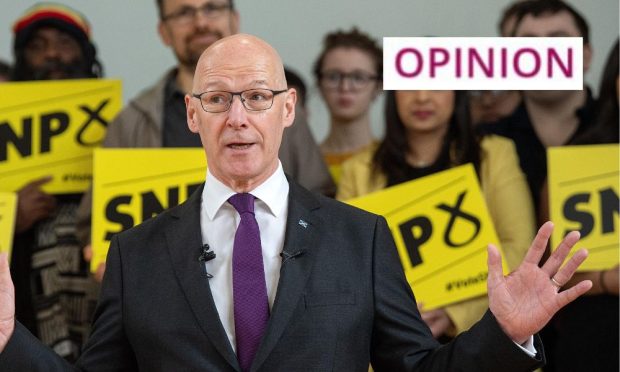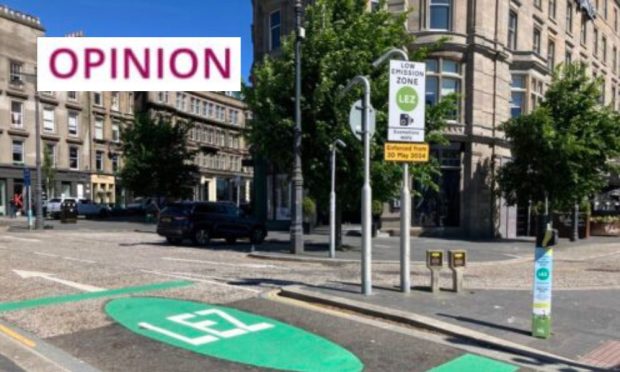During the Labour leadership contest, Keir Starmer said “we must scrap” the Tory government’s two-child benefit cap.
It is a policy that his deputy Angela Rayner has previously described as “obscene and inhumane”.
Just last month, Labour’s shadow work and pensions secretary called the two-child cap “heinous” and said it was “keeping children in poverty”.
The policy prevents parents from claiming child tax credit or universal credit for any third or subsequent child born after April 2017.
Scottish Labour MSPs were among the most vocal opponents when it was first proposed.
Despite all this, at the weekend, Keir Starmer said that, if elected, his party, “would not change that policy”.
The justification offered by the Labour leader for this shameful U-turn is that we can’t afford to reverse the Tories’ cruel assault on low-income families.
Frankly, we can’t afford not to.
Two-child cap pushes low-income families deeper into poverty
We’re not short of evidence of the harm the two-child cap has caused since it was first introduced in 2017.
Poverty experts have long called for it to be scrapped, citing concerns that it was pushing low-income families into even deeper poverty.
Just last week, a major academic study described the two-child cap as a “poverty producing’” policy that left families unable to afford basic necessities.
It also concluded that the policy had no impact on employment or fertility rates among low-income families, which, let’s not forget, was the warped justification for introducing the policy in the first place.
An estimated 1.5million children have been affected by the cap.
One in four children across England and Wales are in families left at least £3,000 poorer by the policy.
These numbers don’t exist in a void.
Soaring child poverty levels have a direct impact on the health and educational outcomes of young people.
The Tories have gotten far too comfortable in outsourcing measures to mitigate growing levels of poverty to charitable organisations like foodbanks.
It seems that the Labour party is content to follow in their footsteps.
At the local foodbank I volunteer at, I’ve seen first hand the impact cutting social security has had on struggling families.
You know something has gone badly wrong when, in a rich country like the UK, a mum is tearfully grateful for a meagre bag of tinned goods to feed her family.
Experts estimate that reversing the two-child cap would cost £1.3bn a year.
That would lift 250,000 children out of poverty entirely, and move a further 850,000 to less deep poverty.
That seems to me to be to be a price worth paying.
Child poverty has long-term impact into adulthood
Child poverty isn’t a temporary state that ends once a child reaches adulthood and can start earning their own money.
It has a lasting impact on a person’s future prospects. It limits opportunity and it widens social inequality.
It should be patently obvious that a child who is dealing with the physical and psychological affects that come with experiencing regular periods of hunger is not going to achieve their full potential at school.
The present harm caused by this policy is horrifying enough.
The future harm this government has wrought upon a generation of young people hardly bears thinking about.
Since being elected leader, Keir Starmer has been on a mission to convince the public that Labour is a serious, credible electoral force once again.
A need to be seen as fiscally responsible is at the heart of this re-branding exercise.
But there is nothing sensible or responsible about consigning millions of children to poverty and hardship.
Families who are worried about rising interest rates, soaring energy costs and the cost of living crisis won’t be reassured by the prospect of a future Labour government that is content to govern using the discredited blueprint of a disgraced Tory government.
Kirsty swapped ‘sassy wee sandals’ for heated blanket
At the weekend I finally gave up on summer and retrieved my heated blanket out of storage.
My brain knows it’s July but my body and bones are feeling the chill of this unseasonable weather.
I know we make jokes about the Scottish summer only lasting a few days, but this is a step too far.
Where I live it has been raining, relentlessly, for a solid three weeks.
I have floaty summer dresses and sassy wee sandals in my cupboard that will never see the light of day.
Before the schools broke up, I promised my daughter that I’d set up the paddling pool and throw a garden party for her friends during the summer holidays.
She can see the torrential downpours for herself, but that doesn’t stop her laying the guilt on thick, as though I’m to blame for the fact that our country seemed to miss the summer memo.
To make matters worse, my living room has started leaking again.
This is usually an affliction that I only need to deal with from October onwards.
We can only hope that this soggy start to summer will make way for a much-needed August heatwave. Vitamin D levels across the nation must surely be at an all-time low.
